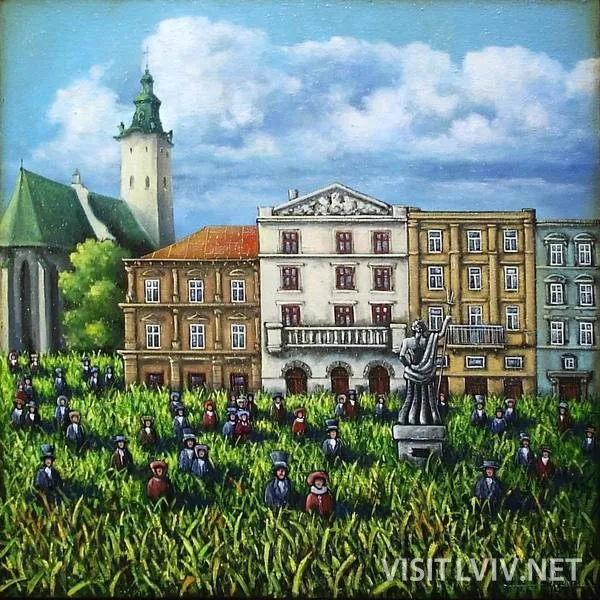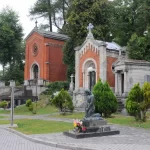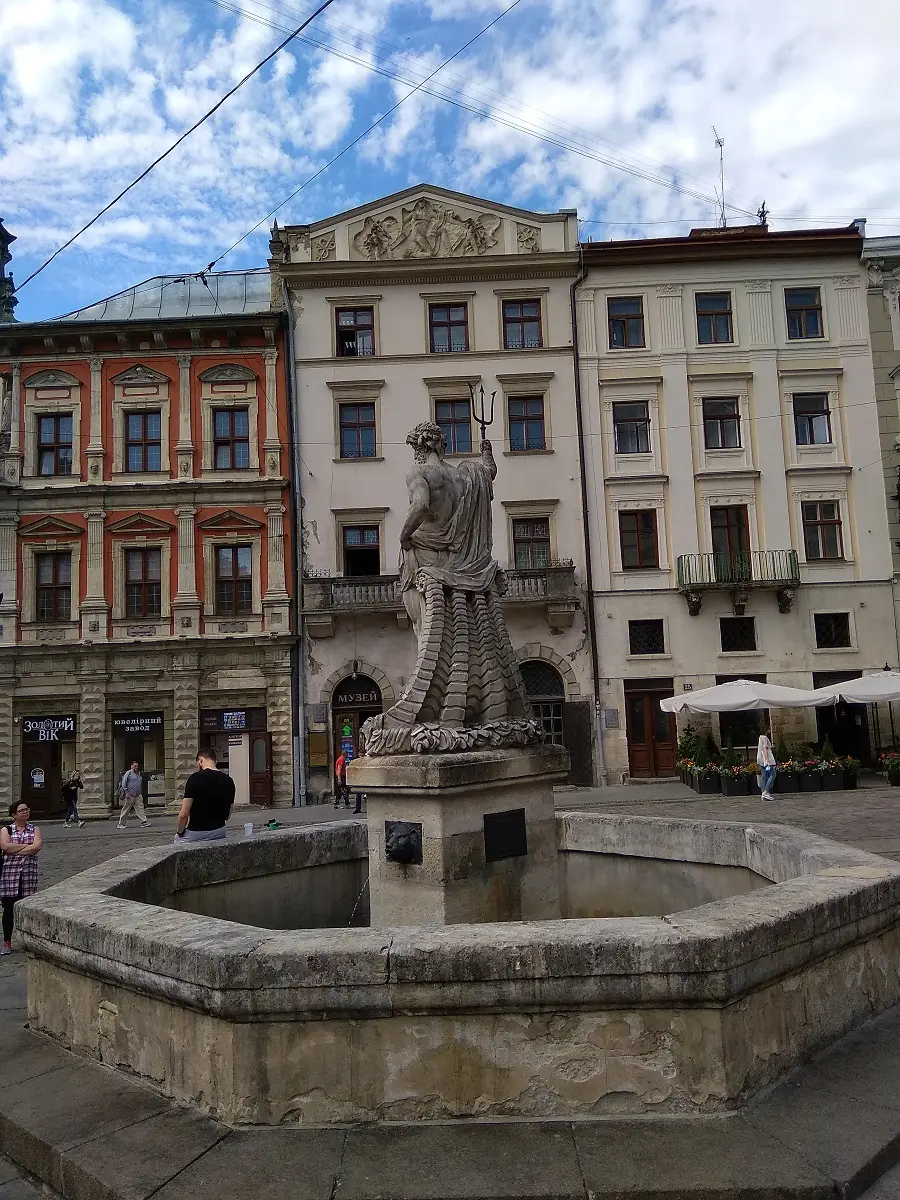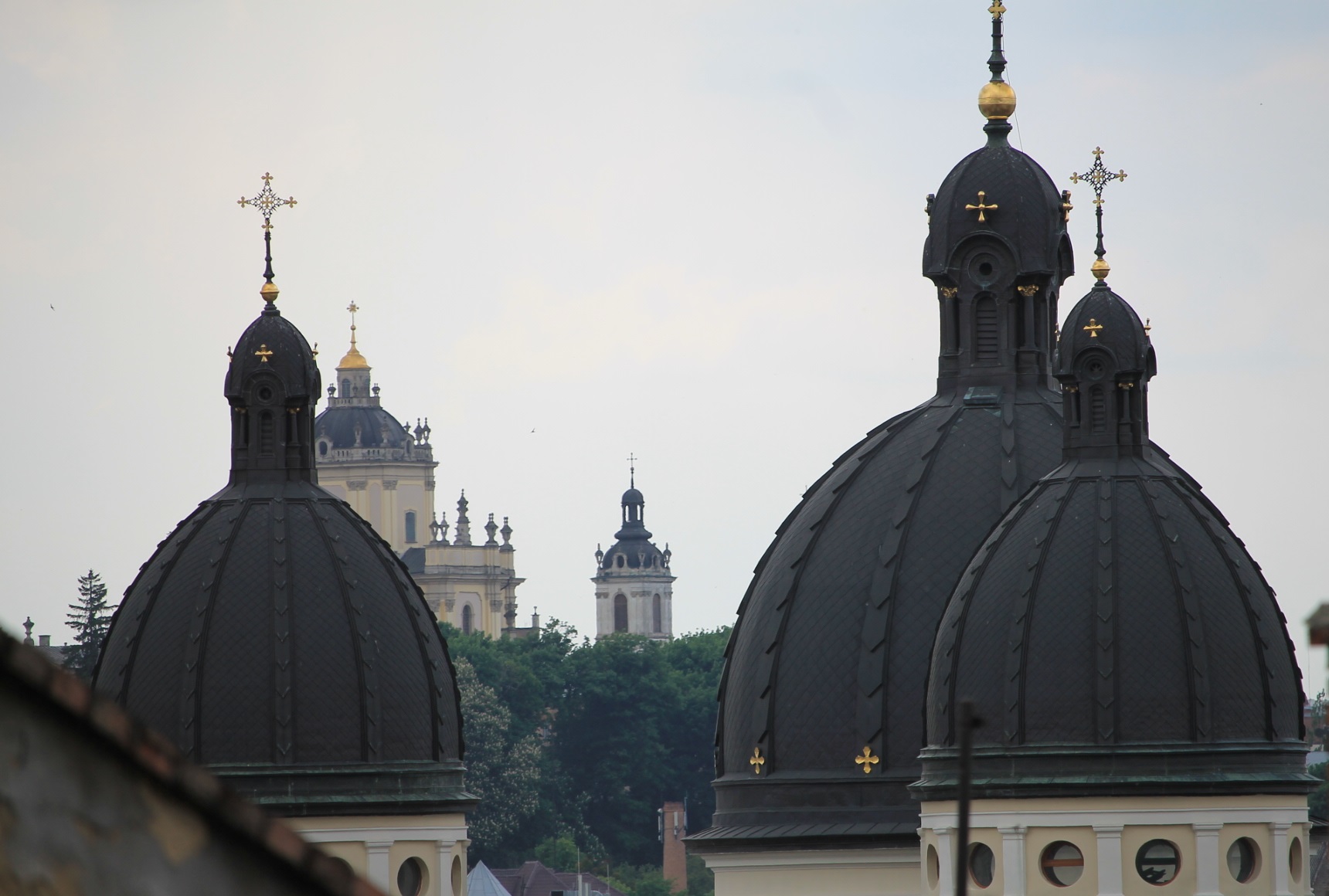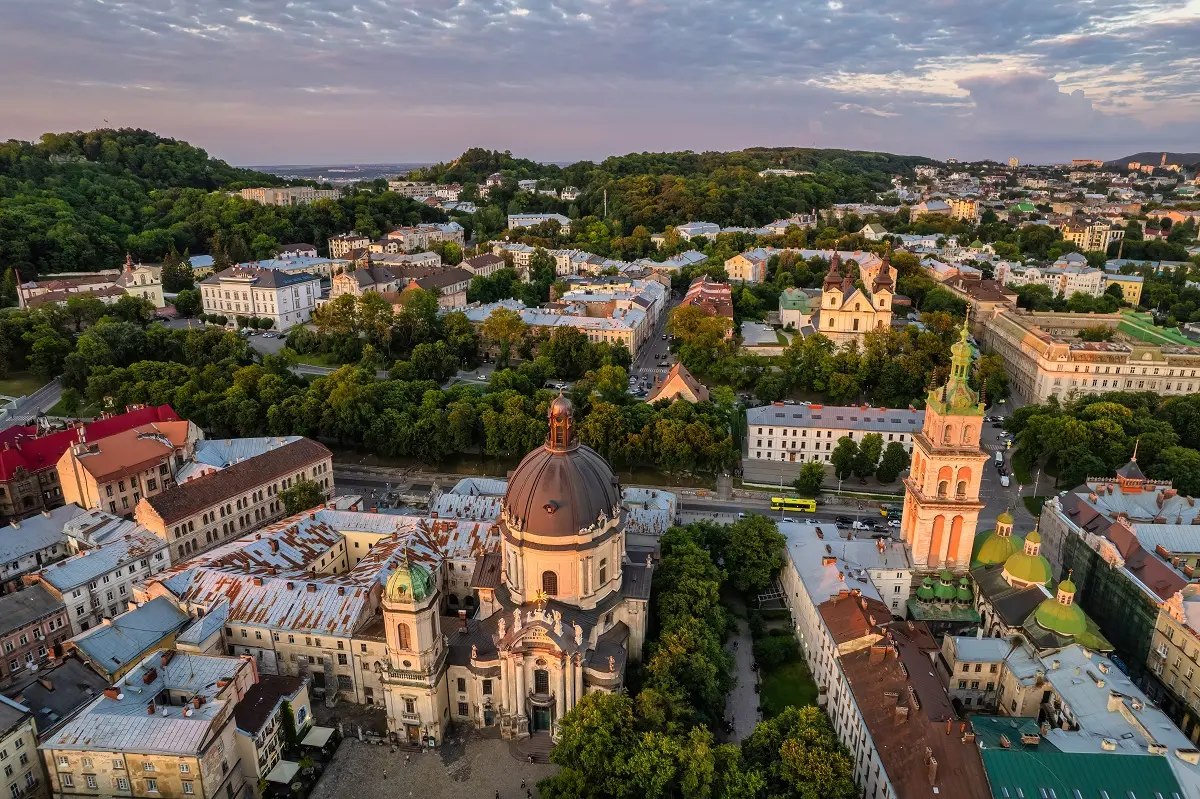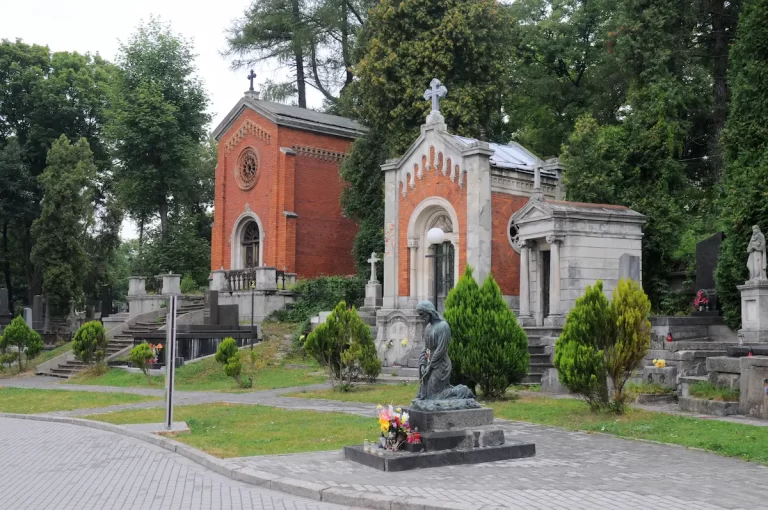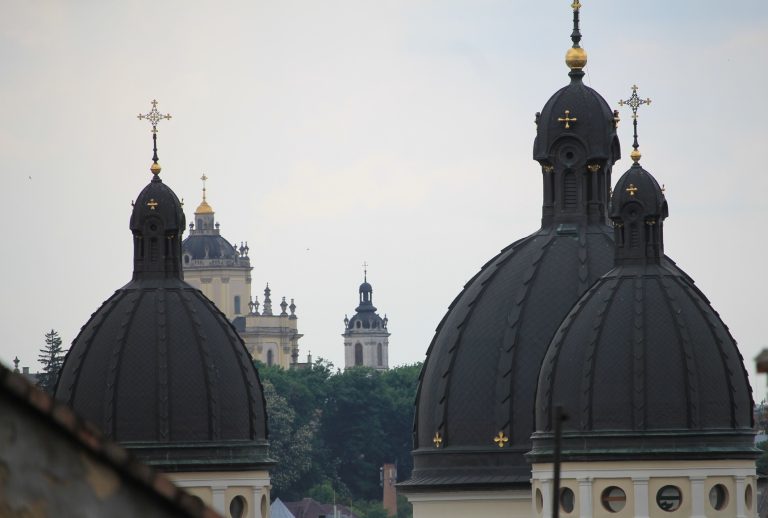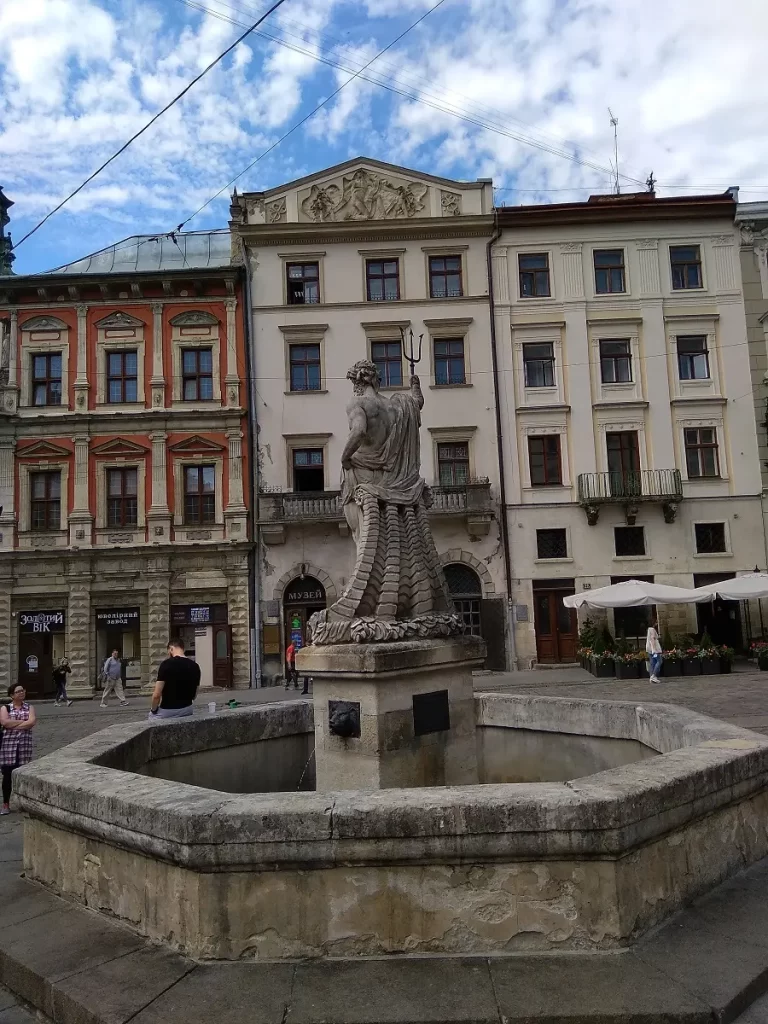Brief history of Lviv
Talking about the history of Lviv, the city as a part of different states and interstate entities had a different role. Sometimes – as the capital of the state, more often as the capital of the province. However, it always had a strong influence on the entire region.
History of Lviv: foundation
The beginnings of Lviv lie in such a fog that you do not believe when they tell you about the date of its appearance and its founding father. Archaeologists assume the existence of a settlement here (whether urban or not) from the 5th century. ad.
Lviv is mentioned as a city in the annals under the year 1256. It is mentioned as the city from which the smoke of the Holm fire (now Chelm, a city in Poland) was observed, then the capital of the Galicia-Volhynia state. In those days, Lviv was called “Lion City”. It was during the reign of Danylo Romanovych, a well-known Russian historian of the 18th century. Danylo Halytskyi, later, it is he who will be credited with the creation of Lviv. But let’s remember that this should be taken only as a version. The fact that the city bears the very name of his eldest son Lev does not seem to raise any objections.
Located on the border of two recently united principalities, Lviv is rapidly gaining strategic importance. In the XIV century. here is one of the capitals of the huge Galicia-Volhynia state. After all, capitals then often “traveled”.
The Long Polish Conquest. First Commonwealth
The long 47-year period of the struggle for the inheritance of the Galicia-Volyn state (1340-1387) began at the time of the poisoning of Yuriy Troidenovich. Lviv sometimes became Polish, then Hungarian, then semi-independent.
And in 1387-1434, Lviv was the capital of the Russian kingdom. It covered only Galicia. Volhynia was already Lithuanian. The ruler of our Russian kingdom was the king of Poland. That is, there was one ruler for two states. This happened in European history. So, almost at the same time, Louis of Anjou was king of Hungary and Poland at the same time. But both states retained their statehood. But Galicia is not. In 1434, Galicia finally lost the facade of statehood and was transformed into the Russian Voivodeship, which existed for 338 years, until 1772. Lviv will remain its capital.
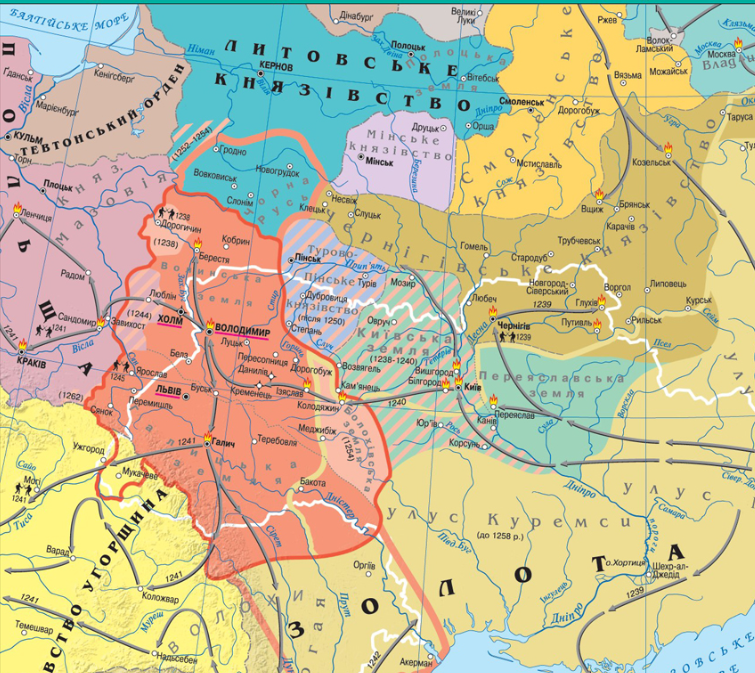
Brief Chronology
1340-1345 – the rule of the local government led by the boyar Dmytro Dedko
1349-1370 – the first Polish rule
1370-1387 – the second Hungarian rule in Galicia (the first was before Danylo Halytskyi). At that time, there was a period of autonomy of 1372-1379, when Galicia was ruled by Vladyslav Opolsky, who is credited with numerous privileges that Lviv would enjoy for another half a thousand years.
1387-1434 – Lviv is the capital of the Russian kingdom headed by the Polish king
1434-1772 –– Lviv – the capital of the Russian Voivodeship as part of the Polish Kingdom
Austrian Period
At the end of the 18th century, powerful neighbors decided to divide the giant Polish-Lithuanian Commonwealth – the Polish-Lithuanian Commonwealth. Russian troops occupy Lviv, and 4 years later hand it over to the Austrians. Thus, Lviv was part of Austria for 146 years, as the capital of a province called the Kingdom of Galicia and Lodomer, that is, until 1918. It should also be remembered that in 1867 the Kingdom of Galicia received self-government.
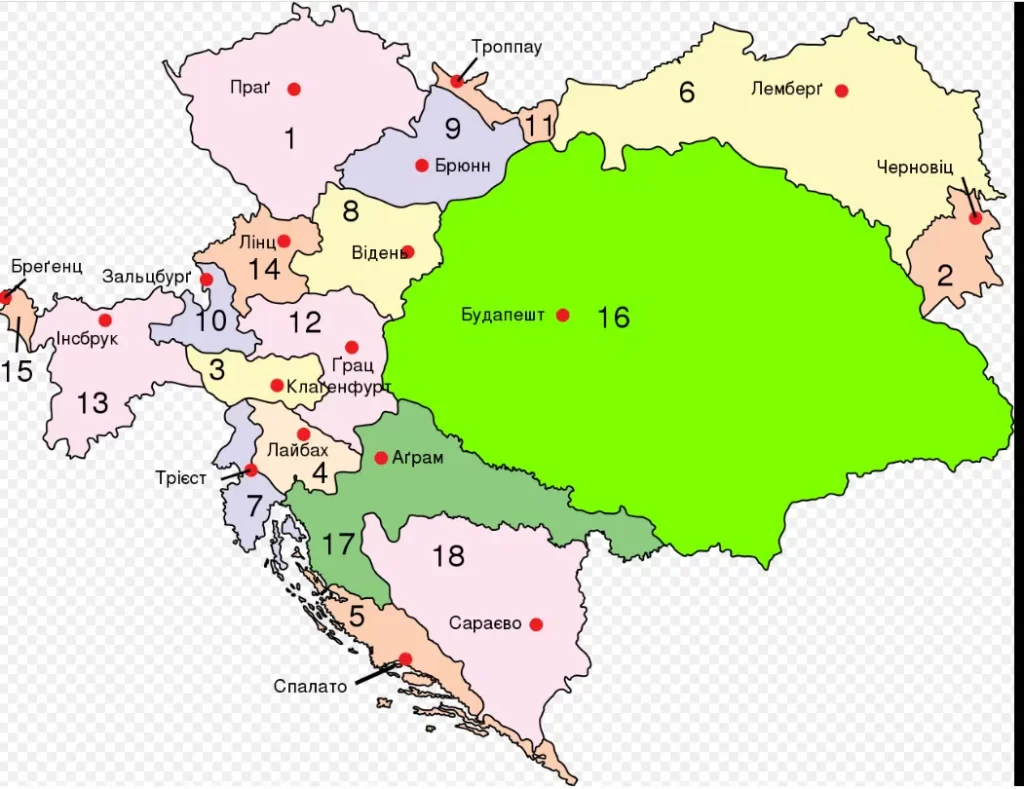
20th century
Well, then there was a kaleidoscope of changes in the 20th century. In 1918, Lviv was the capital of the ZUNR (West Ukrainian People’s Republic) for more than a month. 21 years – under Polish, 3 years under German and 48 years under Soviet occupation.
1918-1919 –– ZUNR
1919-1939 –– Second Commonwealth
1941-1944 –– Germans
1944-1991 –– USSR
Off-line
The importance of the city was determined by the fact that the states that tried to possess it always granted it numerous privileges. As part of the Kingdom of Poland, Lviv was autonomous, and even had the high-profile status of the “Republic of Lviv” with its parliament, the so-called Magdeburg law.
As part of the Second Polish-Lithuanian Commonwealth (1919-1939) and the Ukrainian SSR, the city was positioned as one of the most important in the state and a regional center. The question was only on whom the authorities bet in terms of their nationality and political views. But this is a separate big topic…

